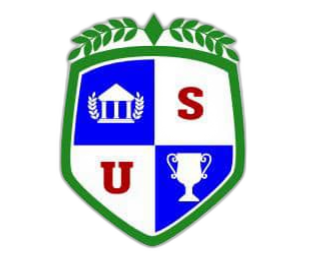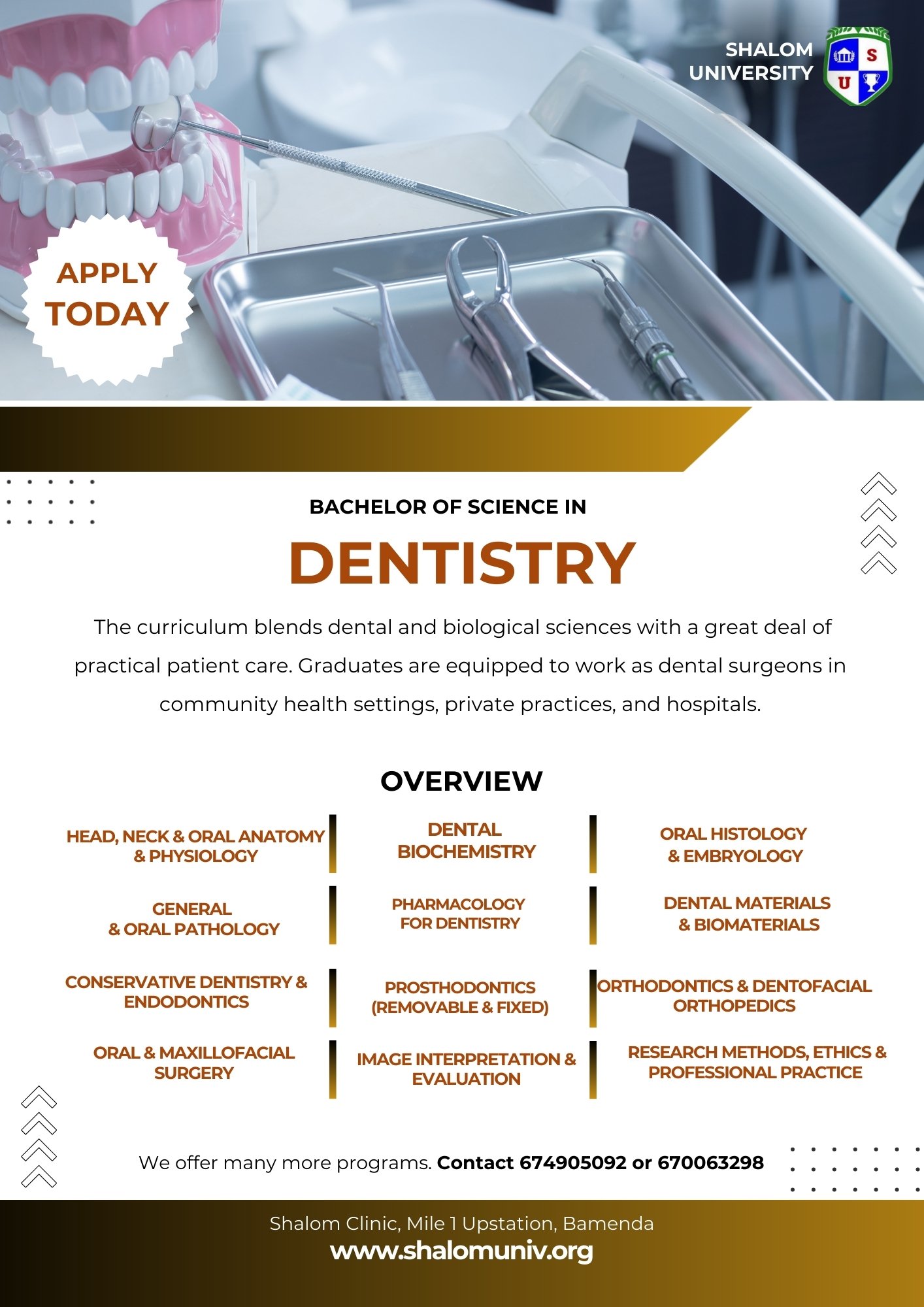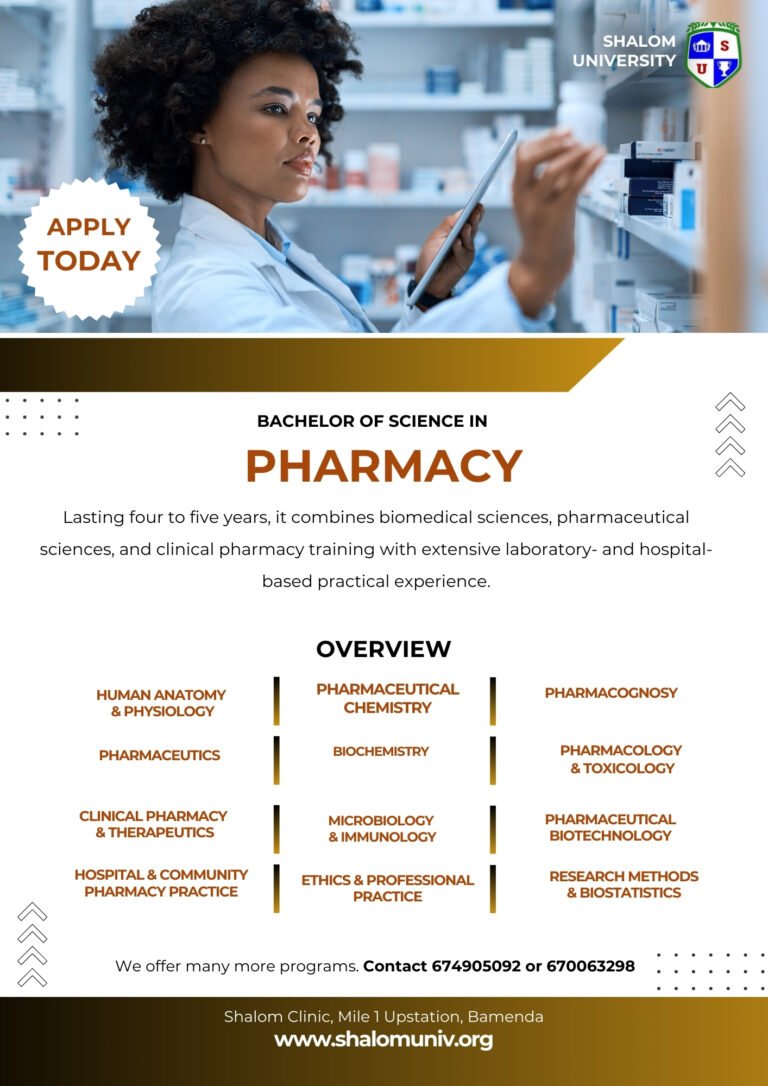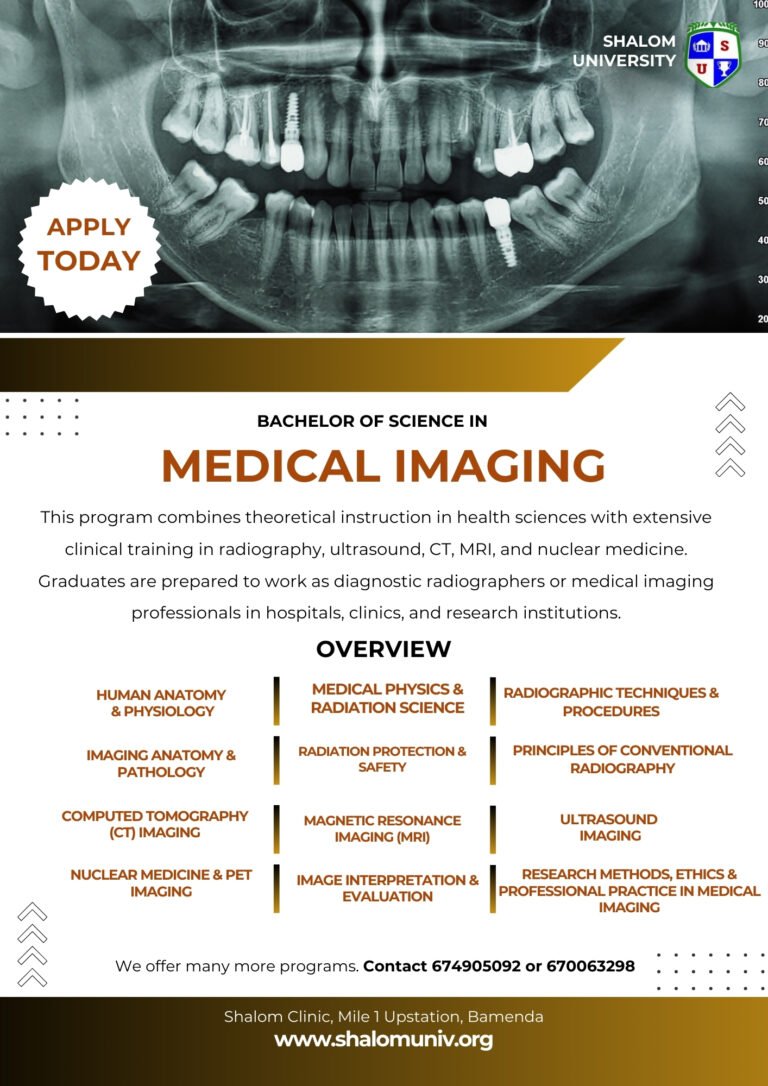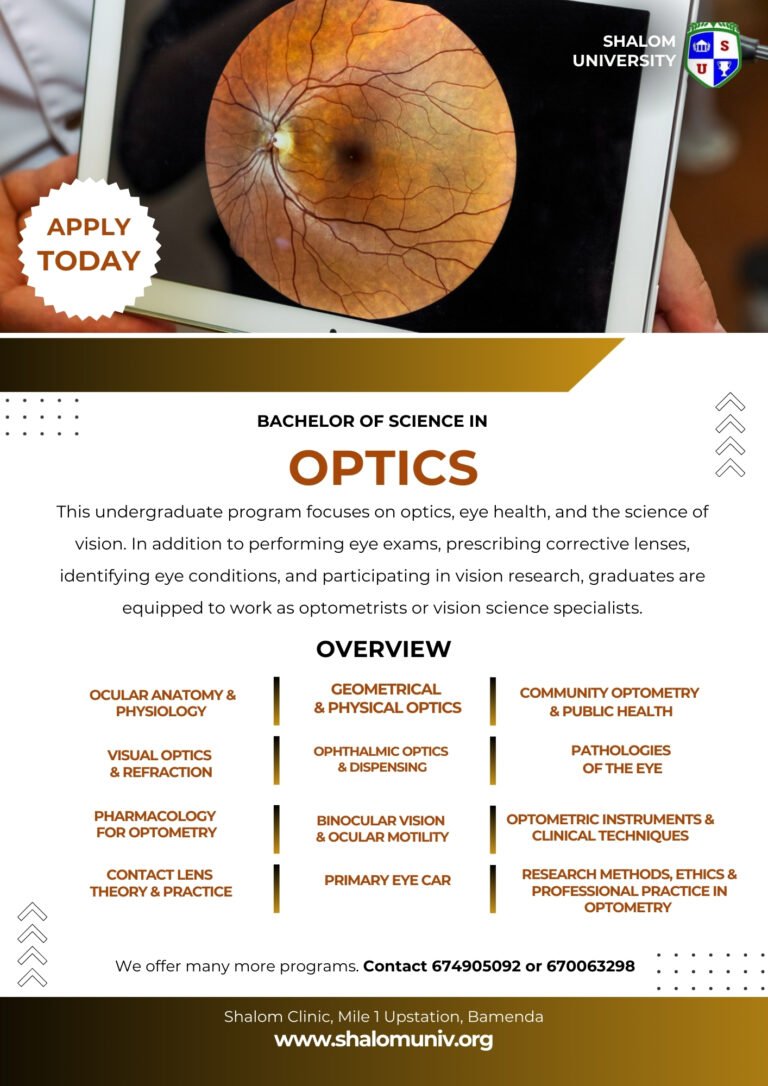The smile is often the first thing people notice—and oral health plays a vital role in overall well-being. Dentistry is not just about treating teeth; it’s about restoring confidence, preventing disease, and improving quality of life. The Bachelor of Dental Surgery (BDS) at Shalom University equips students with the scientific knowledge, clinical skills, and ethical foundation to become highly competent dental professionals.
Through a comprehensive curriculum that integrates basic sciences, clinical training, and community engagement, the BDS program prepares graduates to meet global standards in dentistry. Below is a detailed look at the core subjects that make this program one of the most rigorous and rewarding paths for aspiring dental surgeons.
Human Anatomy & Physiology (Head, Neck & Oral Structures Emphasis)
Dentistry starts with a deep understanding of the head, neck, and oral structures. This course covers the intricate anatomy of the craniofacial region, oral cavity, nerves, and blood supply, along with physiology relevant to mastication, speech, and oral function. It builds the foundation for diagnosing and treating oral diseases and performing surgical procedures.
Dental Biochemistry
This course explores biochemical processes that affect oral health, including mineralization of teeth, saliva composition, and metabolism in oral tissues. Students also learn about biochemical markers in oral diseases such as dental caries and periodontal disease.
Oral Histology & Embryology
Oral histology introduces the microscopic structure of oral tissues, including enamel, dentin, pulp, and periodontal structures. Embryology explains how the oral cavity and teeth develop, helping future dentists understand congenital anomalies and developmental defects.
Dental Anatomy & Occlusion
This course focuses on the morphology of teeth, dental arches, and occlusion patterns. Students gain the practical ability to identify teeth, study articulation, and understand functional relationships—essential for restorative and orthodontic dentistry.
General & Oral Pathology
Understanding disease mechanisms is critical in dentistry. This subject covers systemic pathology as well as oral-specific conditions such as cysts, tumors, oral precancerous lesions, and infections. Clinical correlations prepare students to diagnose diseases through oral manifestations.
Pharmacology for Dentistry
Pharmacology provides insights into the drugs used in dental practice, including analgesics, antibiotics, anesthetics, and anti-inflammatory agents. Students learn about dosage, administration, contraindications, and drug interactions for safe and effective patient care.
Dental Materials & Biomaterials
Dental care relies heavily on materials science. This course explores amalgams, composites, ceramics, polymers, and biomaterials used in restorative and prosthetic dentistry. Emphasis is placed on material properties, manipulation, and innovations in biocompatible materials.
Conservative Dentistry & Endodontics
Conservative dentistry focuses on restoring teeth affected by caries, fractures, or wear, while endodontics covers root canal therapy and pulp care. Students gain hands-on experience in tooth restoration, cavity preparation, and advanced endodontic procedures.
Prosthodontics (Removable & Fixed)
This course covers prosthetic rehabilitation, including dentures, crowns, bridges, and implants. Students learn to restore aesthetics and function in patients with missing teeth using removable and fixed prostheses, enhancing both oral health and self-esteem.
Orthodontics & Dentofacial Orthopedics
Orthodontics involves correcting malocclusions, irregular teeth, and jaw discrepancies. Students are trained in diagnosis, appliance therapy, and growth modification, enabling them to improve facial harmony and functional occlusion.
Oral & Maxillofacial Surgery
This module equips students with skills to manage extractions, impacted teeth, maxillofacial trauma, cysts, tumors, and reconstructive surgery. Emphasis is placed on surgical techniques, anesthesia, infection control, and patient safety.
Community Dentistry, Ethics & Professional Practice
Dentistry goes beyond the clinic—into communities. This course trains students to address oral health disparities through outreach programs, preventive education, and epidemiological studies. Ethics and professional conduct are emphasized to instill integrity and responsibility in future dental surgeons.
Career Opportunities in Dentistry
Graduates of the BDS program at Shalom University are equipped for diverse career paths, including:
- General dental practice in clinics and hospitals.
- Specialist training in orthodontics, prosthodontics, oral surgery, or public health dentistry.
- Academic roles in teaching and research.
- Public health initiatives to improve oral care access in underserved areas.
- Roles in dental product research and biomaterials development.
Why Choose Shalom University for Your BDS?
- Cutting-edge facilities with simulation labs and clinical training centers.
- Globally relevant curriculum aligned with international dental education standards.
- Community engagement through dental camps and public health programs.
- Experienced faculty blending academic excellence with clinical expertise.
- Research-driven learning to prepare graduates for both practice and innovation.
Learn more about admissions, curriculum, and program details on the official Shalom University website.
Frequently Asked Questions (FAQ)
Q1: How long is the BDS program at Shalom University?
A: The Bachelor of Dental Surgery typically takes five years of full-time study, including clinical rotations and internship training.
Q2: What are the admission requirements for BDS?
A: Applicants must have a science background (biology, chemistry, and physics) at the secondary school level. Admission requirements may vary for international students.
Q3: Does the program include hands-on training?
A: Yes, students gain extensive clinical experience in Shalom University’s dental clinics, treating real patients under supervision.
Q4: What career opportunities are available after graduation?
A: Graduates can work as general dentists, specialists (after postgraduate training), researchers, or public health advocates in oral healthcare.
Q5: Why choose Shalom University for dental studies?
A: Shalom University provides modern facilities, a research-focused curriculum, and strong community engagement, ensuring holistic training for future dental professionals.
